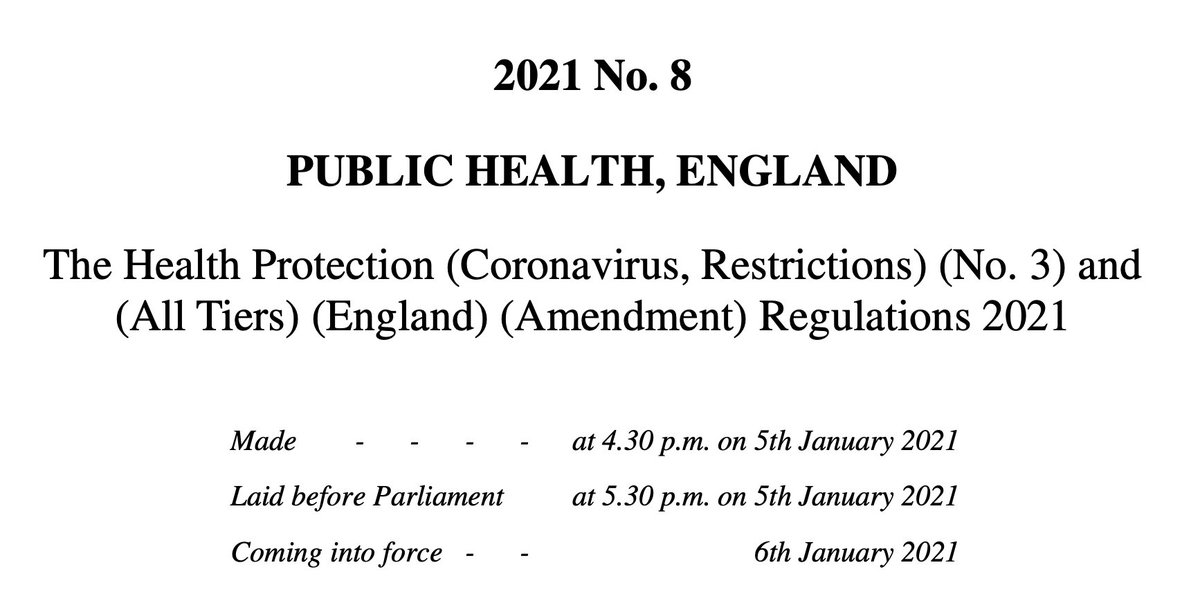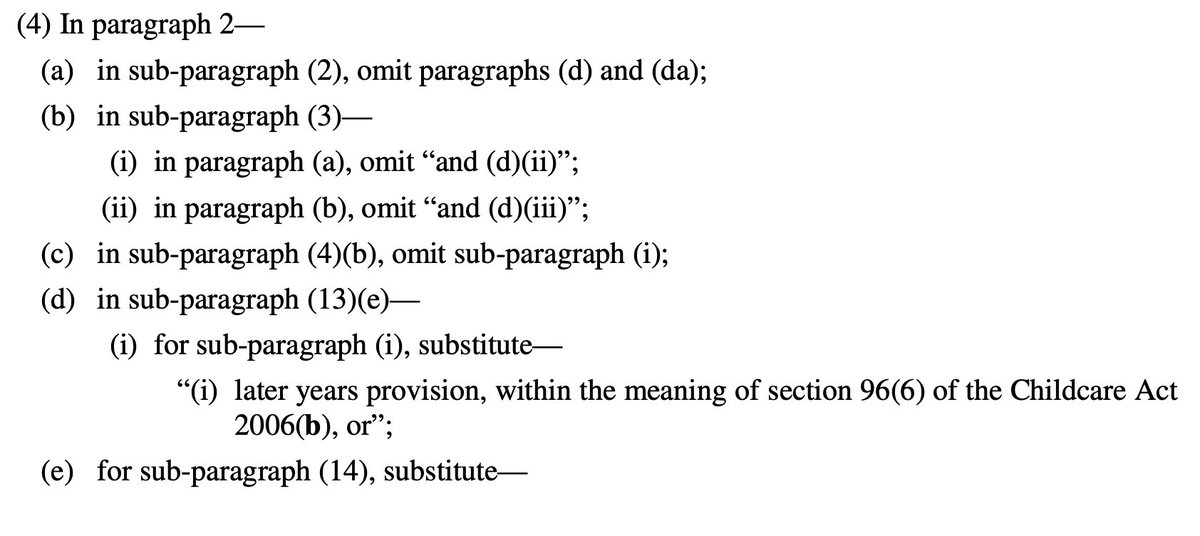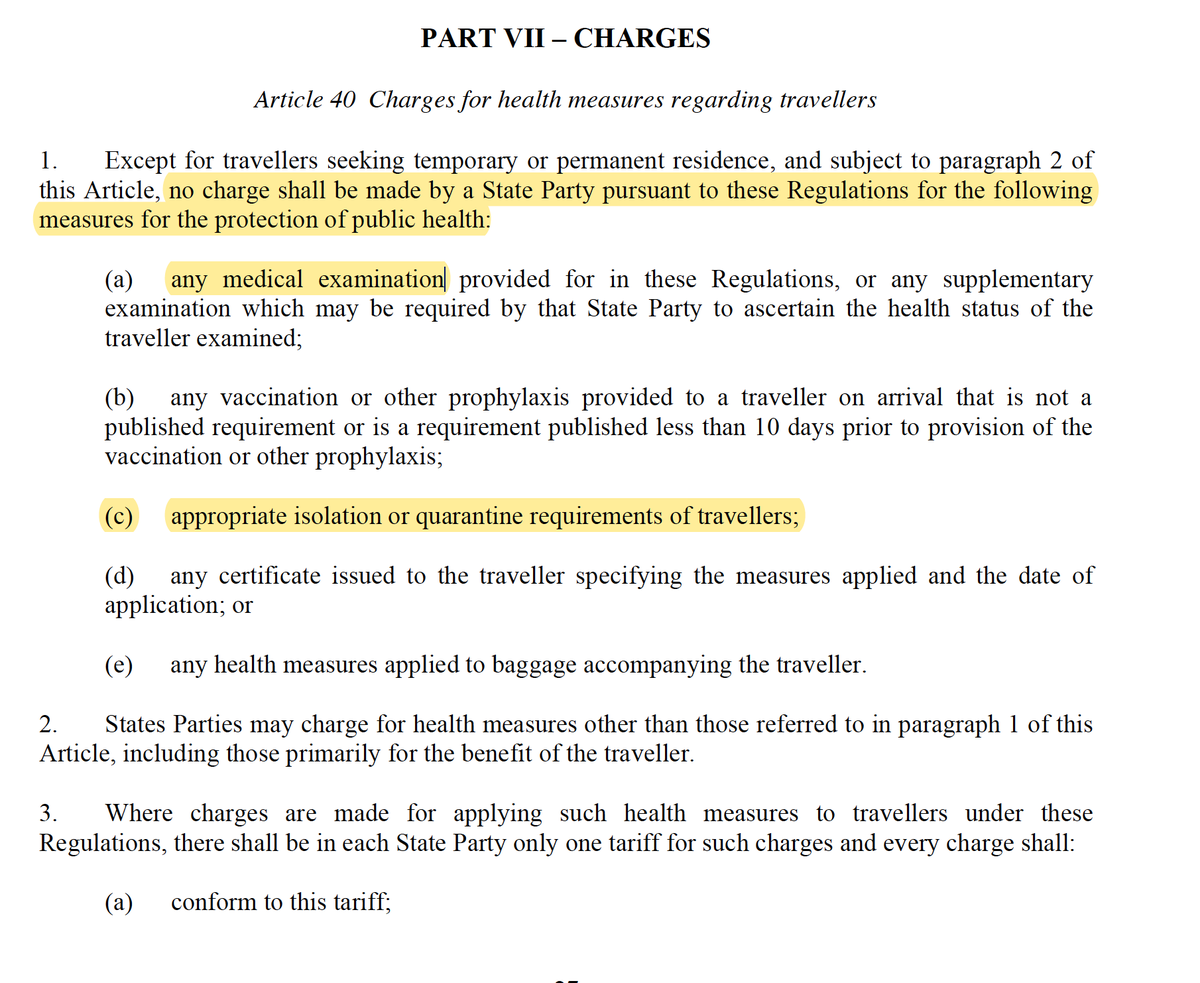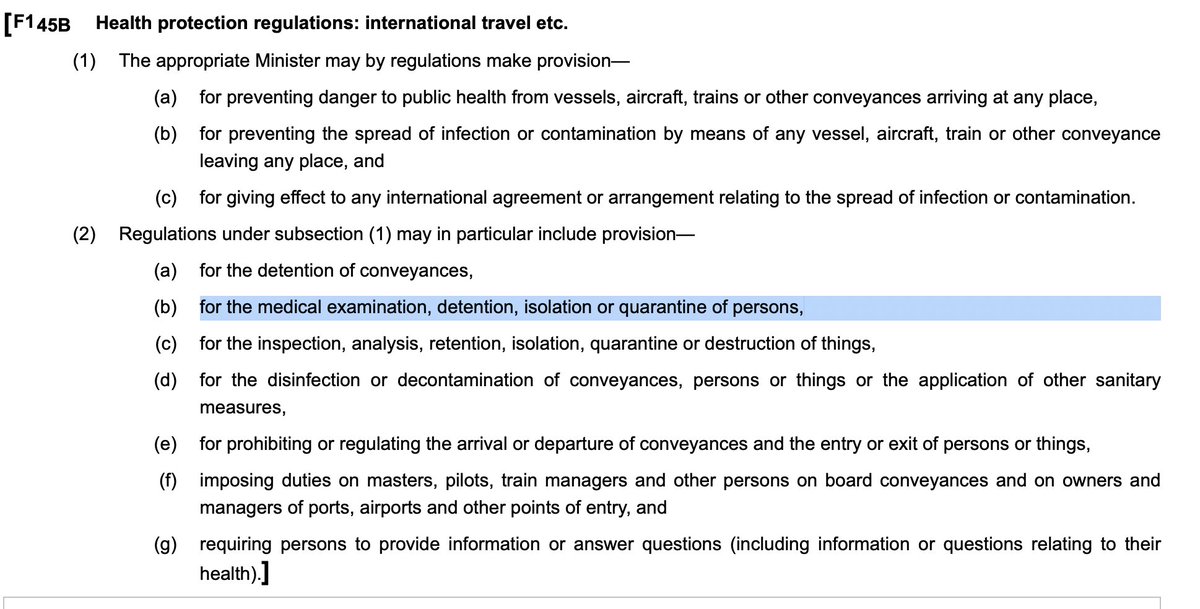- Entirely expected that the "take into account" duty, which has been interpreted by the UK courts as a duty to follow the European Court of Human Rights where it has clearly and constantly taken a particular line, is under review...
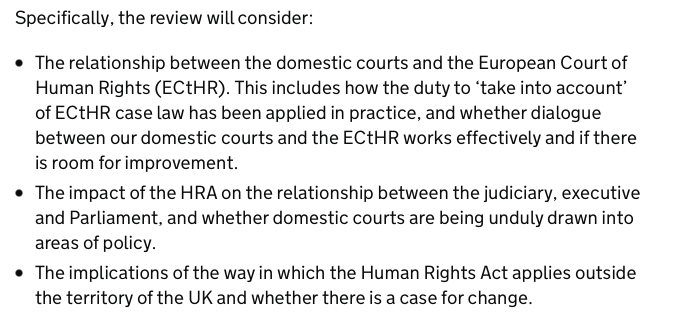



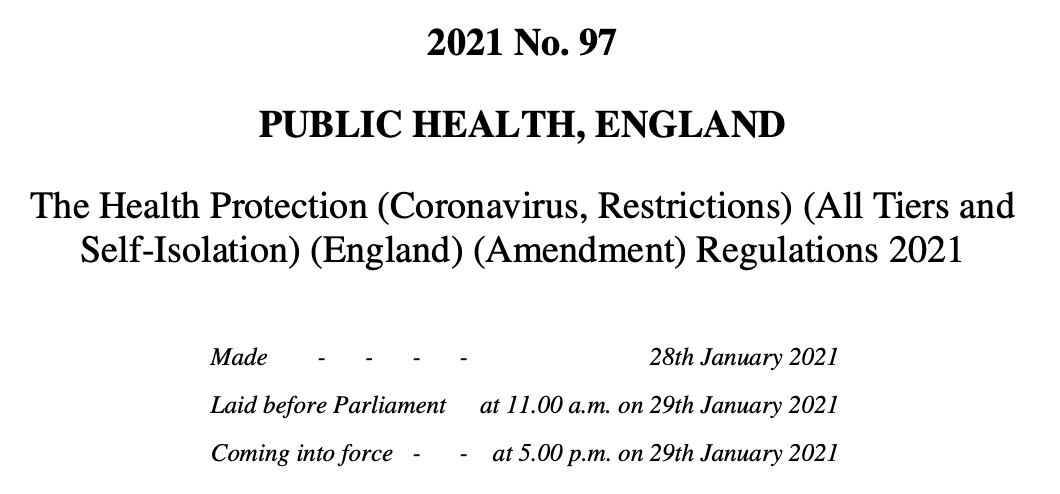
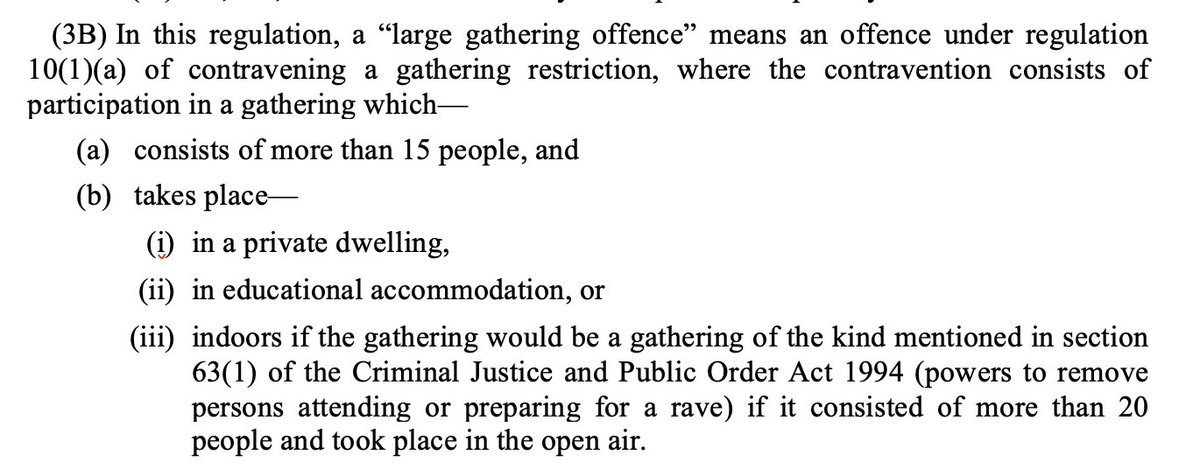
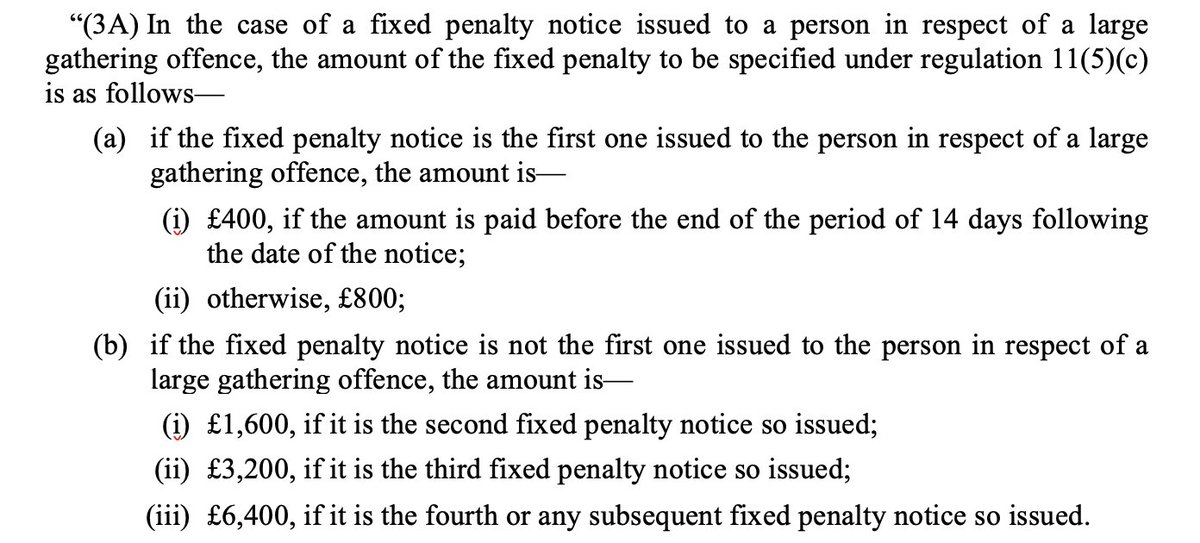
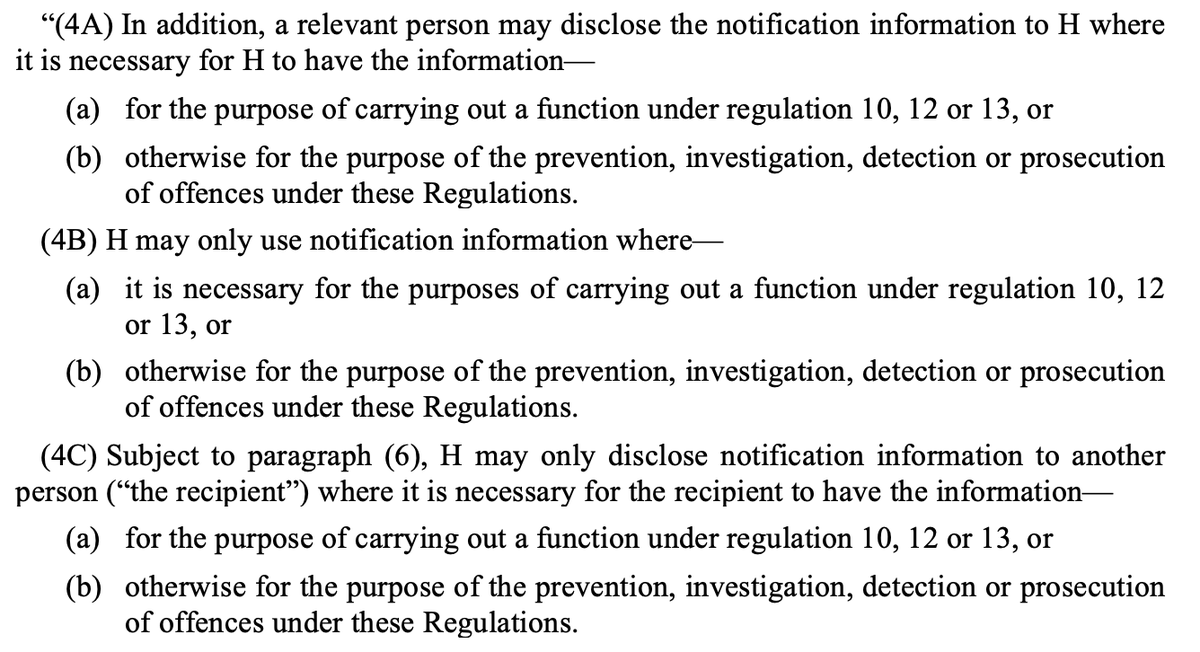
Very important that obvious failures with Track and Trace and self-isolation (study late last year said 18% of people complying https://t.co/dhJUZ7Pm0l) are not painted as an enforcement issue. Plainly not. Would just pass buck to police who have almost no capacity to enforce https://t.co/Eb4Kl5Ze0E
— Adam Wagner (@AdamWagner1) January 25, 2021
